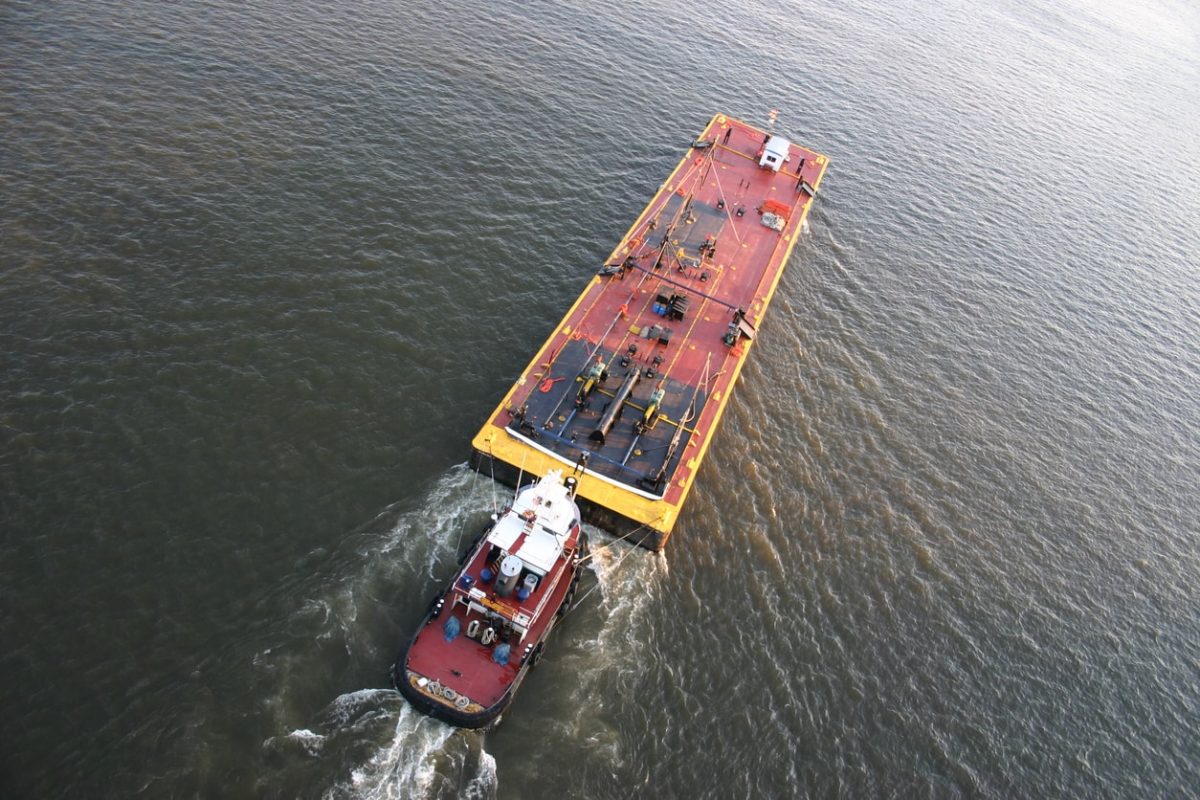UNITED STATES v. NATURE’S WAY MARINE, LLC: WQIS Observations Regarding a Decision of Interest

By now, all commercial vessel Owners and Operators are aware or should be of the United States Court of Appeals for the Fifth Circuit’s September 21, 2018 decision in United States v. Nature’s Way Marine, LLC – F.3d – (5th Cir. 2018). WQIS continues to receive various questions about the potential increase in OPA liability for certain Operators. We field these questions from both large commercial operators and Owners/Operators on a smaller scale who may tow / push only on occasion.
As a case refresher, the decision interprets the meaning of vessel “Operator” under the OPA. The facts included a spill from a “dumb” barge, one of two, being controlled by a Nature’s Way tug. The court determined “It follows from that analysis that the ordinary and natural meaning of an “operator” of a vessel under the OPA would include someone who directs, manages, or conducts the affairs of the vessel. Furthermore, it follows that the ordinary and natural meaning of “operating” a vessel under the OPA would thereby include the act of piloting or moving the vessel. It is undisputed that Nature’s Way had exclusive navigational control over the barge at the time of the collision, and, as such, that it was a party whose direction (or lack thereof) caused the barge to collide with the bridge. Consequently, we—like the NPFC and district court—hold that Nature’s Way was “operating” the barge at the time of the collision based on the ordinary and natural meaning of the term. Nature’s Way Marine was found to have maintained “exclusive navigational control over the barge at the time of the collision, and, as such, that it was a party whose direction (or lack thereof) caused the barge to collide with the bridge.”
As the Responsible Party under the Act (any person operating, etc.), the R.P. is liable for removal costs and certain damages, and the R.P. is permitted under certain circumstances to limit liability based on vessel type and tonnage. Post this decision, and in similar factual scenarios, a Tug pushing loaded “dumb” barges, if permitted, would only be able to limit liability under OPA to the aggregate limits of certain barges designated by the USCG as actual sources of discharge or substantial threat of pollution.
Advisers, Agents, Brokers, Risk Managers and purchasers of Marine Pollution Liability cover must continue to consider, on a medium and long term basis, the specific operation of the Owner/Operator, its customary transit and carriage functions, and apply this to both primary and excess insurance arrangements.
